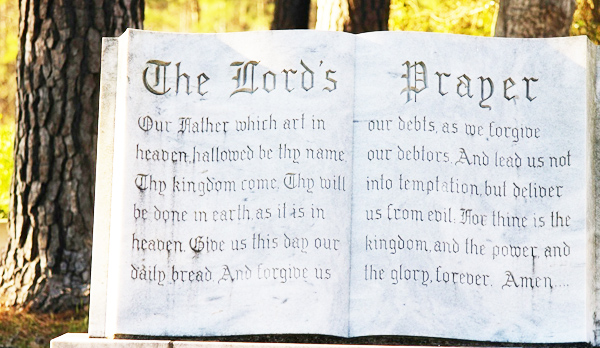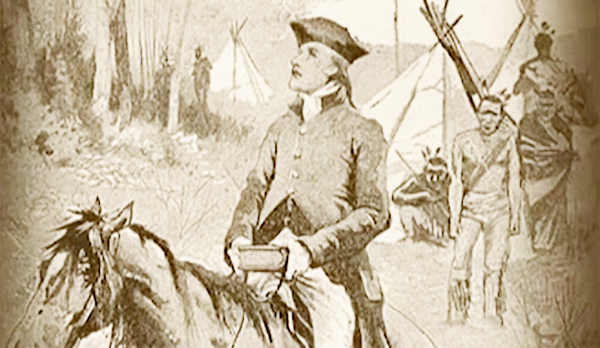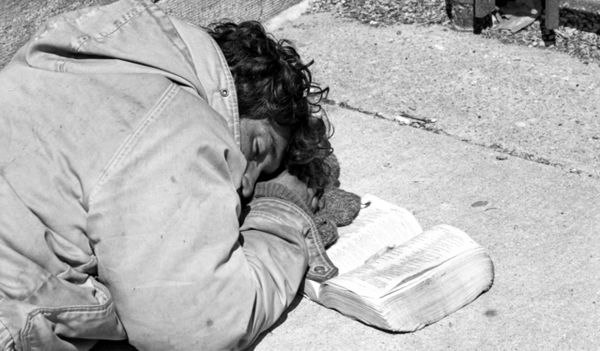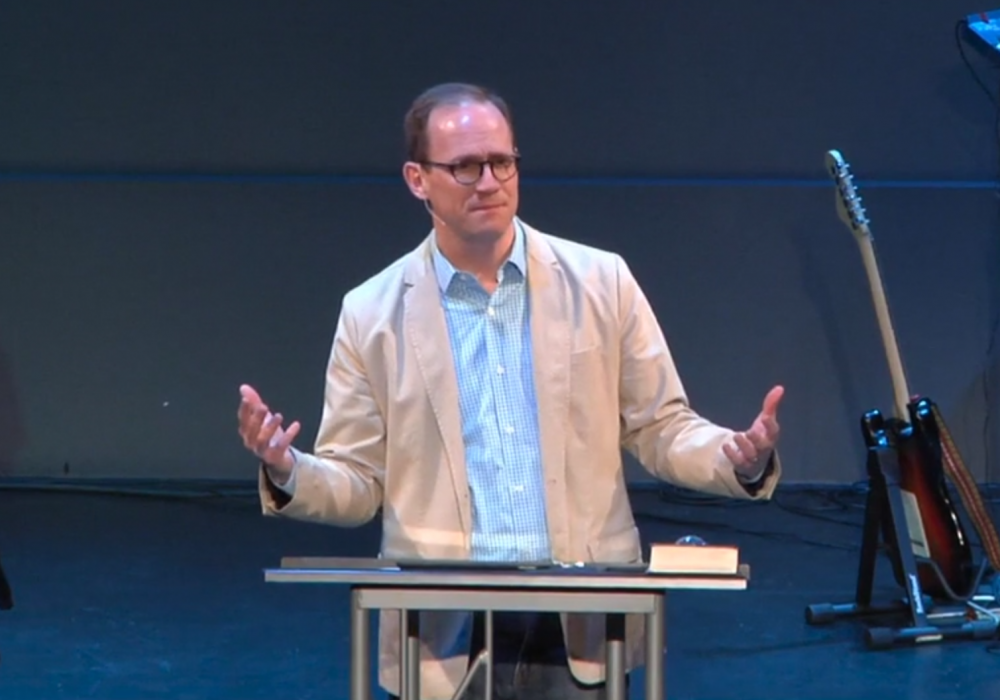Make a joyful noise to the Lord, all the earth! Serve the Lord with gladness! Come into his presence with singing! Know that the Lord, he is God! It is he who made us, and we are his; we are his people, and the sheep of his pasture. Enter his gates with thanksgiving, and his courts with praise! Give thanks to him; bless his name!
Evangelism
It’s Better to Die Than Hinder the Gospel
I would rather die than have anyone deprive me of my ground for boasting (1 Corinthians 9:15). What is the ground for Paul’s boasting? It is the “gospel of Christ” (1 Corinthians 9:12). The gospel of Christ is centered on Jesus Himself—His perfect humanity, His full deity, the salvation that He perfectly fashioned on the cross. When Paul glories in the gospel, he is glorying in the good news of Jesus Christ, not just of “salvation” as though separate from Christ.
Pray for the Word to Speed Ahead
“Pray for us, that the word of the Lord may speed ahead and be honored, as happened among you“ (2 Thessalonians 3:1). In this single verse Paul reminds of the importance of two of the chief things God has given us to do in the world: prayer and proclaiming God’s Word, both for the glory of God. Pray! Pray for us as ministers of the gospel; but even your prayers for us are ultimately prayers for the advancement of the Word of God.
Why Did Jonah (and Why Do We) Disobey God?
Now the word of the LORD came to Jonah the son of Amittai, saying, “Arise, go to Nineveh” (Jonah 1:1-2). God spoke plainly to Jonah and instructed him to visit the capital city of Israel’s enemies with a message of repentance and, ultimately, grace. Yet Jonah refused. Why did Jonah — and why do we still today, as recipients of the Great Commission — disobey God?
You Can’t Teach What You Don’t Know
In Deuteronomy 6:5-7 we are reminded that we cannot teach what we don’t know. We are told first, “You shall love the Lord your God with all your heart and with all your soul and with all your might” (5), and then we are instructed to teach God’s Word diligently to our children (7). You cannot teach your children (or friends, or co-workers, or others you have opportunity to disciple) to love what you do not love yourself.
Your Kingdom Come
Your kingdom come (Luke 11:2). In my last post I began a series of brief meditations on the Lord’s Prayer. The prayer begins with the request for God’s name to be hallowed, followed immediately with the prayer for his kingdom to come. When we ask for God’s kingdom to come, we are reminded that not only is God’s name and glory to come first — but also God’s desires, his will, his purposes, and his authority.
That God May Be Known To Be God
A friend who has recently been reading through David Brainerd’s biography shared with me a stirring passage from Brainerd’s journal. What motivated this man — who spent years in sacrifice and service of the gospel, and eventually died an early death for the spread of it — to continue laboring in the face of excruciating pain and disappointment? The overarching, undergirding concern “that God might be known to be God in the whole earth” and that “God have the glory forever.”
Should We Try to Prove God Exists?
Paul contends in Romans 1:18-22 that, although God is invisible, his works are a visible proof of his actions and existence. Everyone realizes, in their heart, that there is a God; but many try to suppress this knowledge even from themselves.
Your Faith, Multiplied
For not only has the word of the Lord sounded forth from you … your faith in God has gone forth everywhere, so that we need not say anything (1 Thessalonians 1:8). Paul, writing to the church at Thessalonica, commends them for their “acoustics.” The message they had received was being reverberated throughout their community, and beyond.
I Have Other Sheep
In John 10:16 Jesus says, “I have other sheep that are not of this fold. I must bring them also, and they will listen to my voice. So there will be one flock, one shepherd.” When you hear these words, what is your gut reaction? Are you offended that Jesus is just as concerned about homeless people and third-world gorilla fighters as he is about you? Or do you feel unconcerned for “other” people, because they’re totally different than you, although Jesus loves them also?
What Should I Be Giving To Financially?
Our first and primary obligation is certainly to the local church. The Bible is very clear on the fact that we are to financially support those pastors who minister to us spiritual things, by ministering to their physical needs (1 Corinthians 9:7-11; 1 Timothy 5:17-18). The Scripture is equally plain regarding our obligation to support the poor and needy within the body of Christ (1 Timothy 5:16; 1 John 3:17).
Accountable To the Creator
I was blessed some time ago by Greg Gilbert’s book What Is the Gospel? This quote in particular struck me as helpful for Christians to consider, as we contemplate our motivation and message when it comes to evangelism:
He First Found His Own Brother
He first found his own brother Simon and said to him, “We have found the Messiah” (John 1:41). Have you ever wondered how you can personally participate in world missions, and the advancement of Christ’s kingdom, even while you are punching a clock at your 9 to 5 job, or while you are a stay-at-home mom? A recent survey of new Christian converts in America asked how they came to know Christ. Ninety percent of these new believers said they came into contact with the gospel through family or friends!
Visit Jesus In Jail
I was hungry and you gave me food, I was thirsty and you gave me drink, I was a stranger and you welcomed me, I was naked and you clothed me, I was sick and you visited me, I was in prison and you came to me (Matthew 25:35-36). In Jesus’ famous description of the judgment day in Matthew 25, he describes those on his right hand (the children of God) as those who have personally ministered to Jesus in his poverty, in his sickness, and in his imprisonment.














